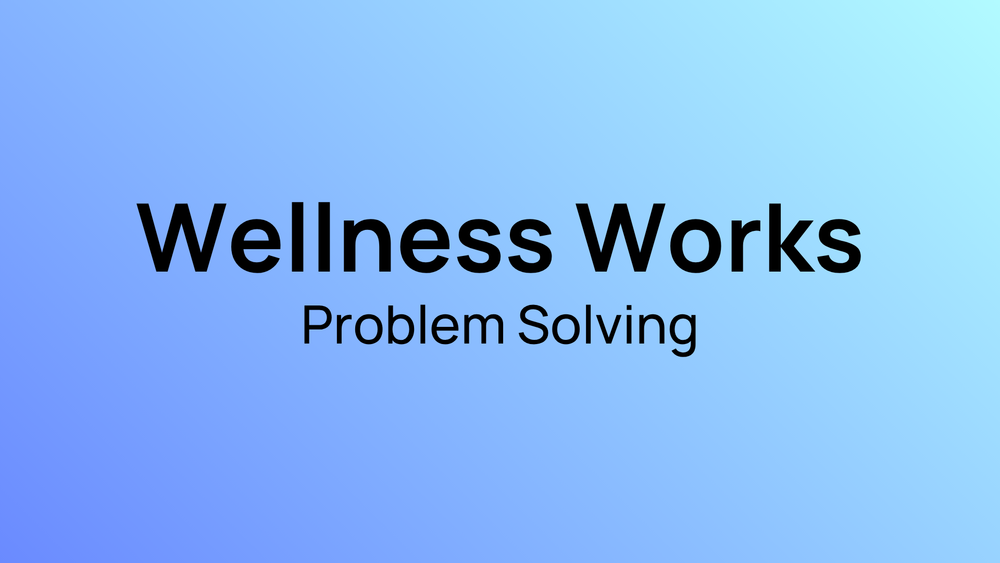Problem solving is an everyday skill that impacts all parts of a student’s academic and personal success. Students with strong problem-solving skills are better equipped to approach problems positively. Ideally, students develop a foundation of social problem-solving skills that allow them to manage choice making and complex social interactions with skilled decision making through repeated practice. (Daunic, et. al, 2012; Diamond & Lee, 2011).
This month, we’re diving into problem solving! It’s all about collecting information, making sense of challenges, and exploring possible solutions. Teaching this skill to your child can support their growth in countless ways. Many of us solve problems every day without even noticing—let’s become more aware of it this month!
The process of problem solving includes: spotting the issue, brainstorming solutions, weighing the options, choosing one solution to test, trying it out, and then reflecting on how it went. If it doesn’t work, no problem—just keep trying!
Here are some things you can try:
Show your child how you solve problems by talking through what you’re doing. Let them hear you name the problem and explain the steps you take to figure things out.
Help your child see what the real problem is. Sometimes, big problems are really just a bunch of smaller ones stacked together. Break it down so it feels less overwhelming and easier to handle.
Have a blast coming up with solutions together! Write down every idea without judging it. The goal is to be as creative as possible. Later, you can sort through the ideas and pick the ones that might work.
Talk about the advantages and disadvantages of each option. Think about what might happen and what the results could be before deciding.
Encourage your child to use logical “thinking” words instead of emotional “feeling” words when discussing problems.
Before diving into problem-solving talks, help your child calm down so they’re ready to think clearly and focus.
After trying out different solutions, take a moment to check in on how things are going. Ask, “Is this solution working, or should we consider trying something else?”
Championing Health and Well-Being:
Did you know that learning to solve problems can reduce overall stress in your life leading to better overall physical health and wellbeing! And lower stress levels help you sleep better, concentrate and lowers muscle tension.
“Tell me and I forget, teach me and I may remember, involve me and I learn.” — Benjamin Franklin
-The Wellness Works Committee

